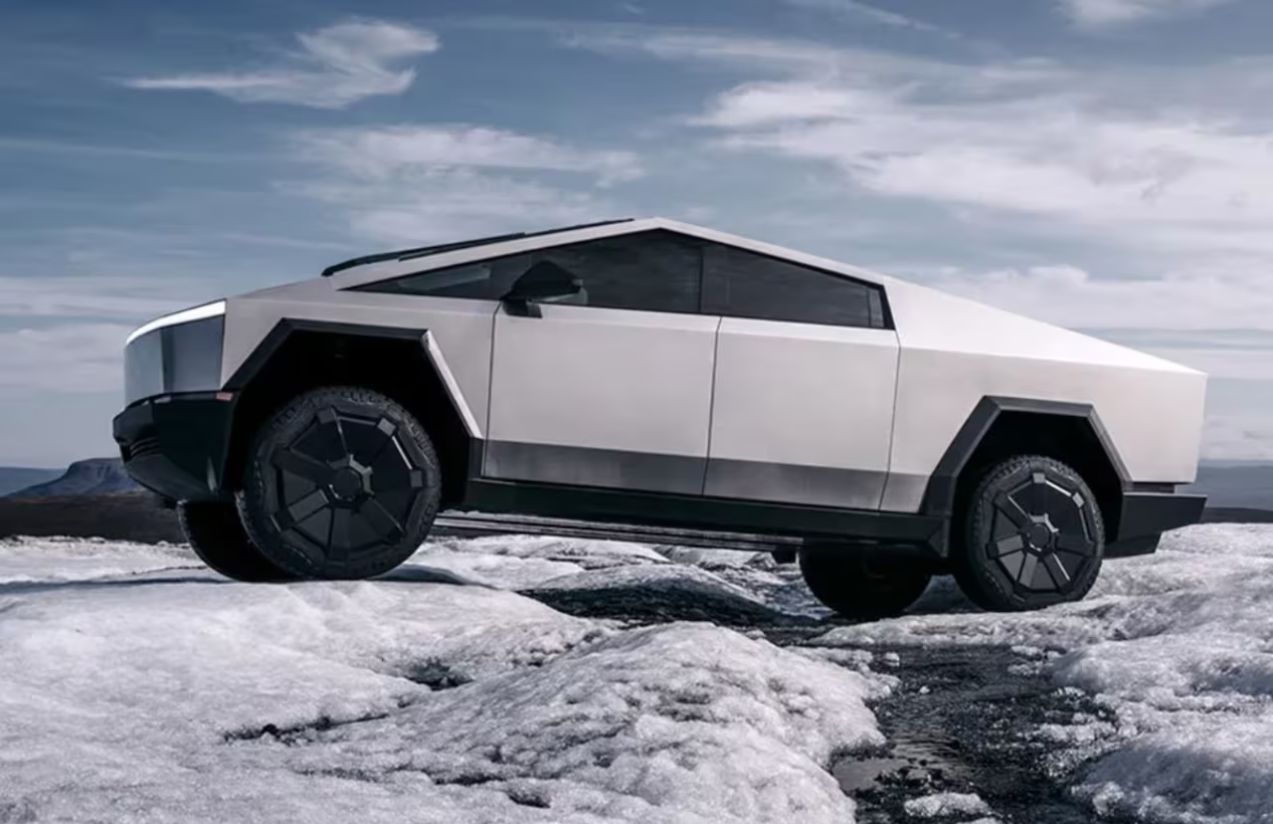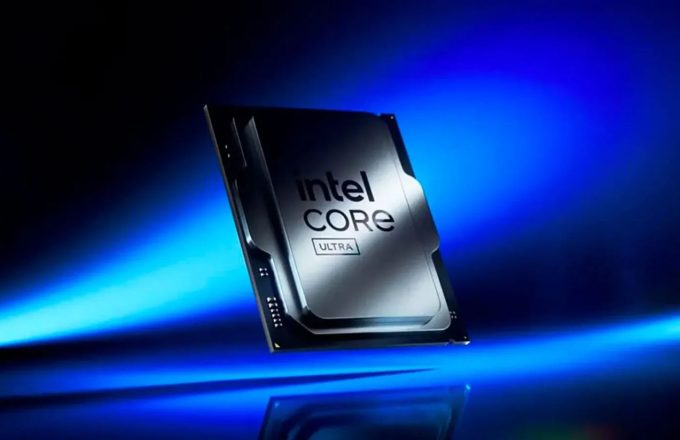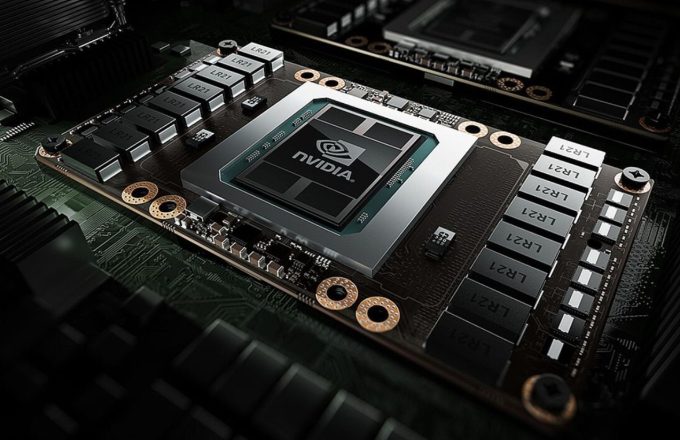The Tesla Cybertruck, known for its futuristic design and its supposed “bulletproof” durability, has sparked controversy in the United Kingdom. According to Forbes, British authorities recently confiscated a unit near Manchester due to the lack of a “certificate of conformity”, a crucial document for legally driving on the country’s roads. This confirms that the vehicle does not meet the required safety standards, making it a banned model in the region.
Despite earning a five-star rating in crash tests by the NHTSA in the United States, the Cybertruck fails to comply with the strict British regulations.
Authorities have identified five key issues in its design that make it incompatible with the country’s road safety laws: its weight, size, sharp edges, structural rigidity, and the design of its light bar.
First introduced in 2019, after multiple delays, the Cybertruck gained a massive following in the United States thanks to its bold design. However, in the United Kingdom, its angular shape and stainless steel body have been heavily criticized. According to Forbes, authorities believe it poses a significant risk to other road users, especially pedestrians, in the event of a collision.
In a statement, the Manchester police expressed their concerns: “There are clear safety risks for other drivers and pedestrians in the event of an accident involving the Cybertruck.”
One major issue is its weight, which reaches 3,128 kg, making it too heavy to operate legally in many urban and rural areas of the United Kingdom, where roads are much narrower than in the United States. Additionally, its 2.2-meter width makes maneuvering difficult on streets that, on average, are only 3 meters wide.
Another concern is its exterior design, featuring sharp edges and stainless steel surfaces. British regulations require vehicles to have rounded edges of at least 3.2 mm on any external projection to reduce the risk of serious injuries in a pedestrian collision. The Cybertruck, with its rigid structure and lack of deformation in crashes, fails to meet this requirement, making it a potential hazard on the road.
The 30X stainless steel used in its body, which is three times stronger than conventional steel, presents another problem: its structural rigidity prevents the vehicle from absorbing crash impact energy, increasing the severity of injuries in an accident.
The design of the front light bar has also been criticized. British regulations impose strict requirements on headlight brightness, positioning, and visibility angles. The Cybertruck‘s full-width light bar fails to meet at least six of these standards, affecting visibility for both the driver and other road users.
Finally, its performance has raised concerns. With its substantial weight and extreme acceleration, the Cybertruck can reach 96 km/h in just 2.6 seconds, putting it in supercar territory. British authorities consider this combination of weight and speed highly dangerous. Jennifer Hominy, president of the National Transportation Safety Board, stated: “The Cybertruck is a 2,700+ kilo slab of steel that has no business covering a quarter mile in under 11 seconds.”
For now, the Cybertruck remains banned on British roads, and this is unlikely to change unless Tesla makes significant modifications to its design to comply with local regulations. This situation highlights the differences between safety regulations in the United States and Europe, as well as the challenges automakers face when introducing innovative vehicles to international markets.




















